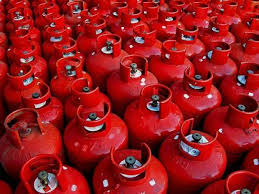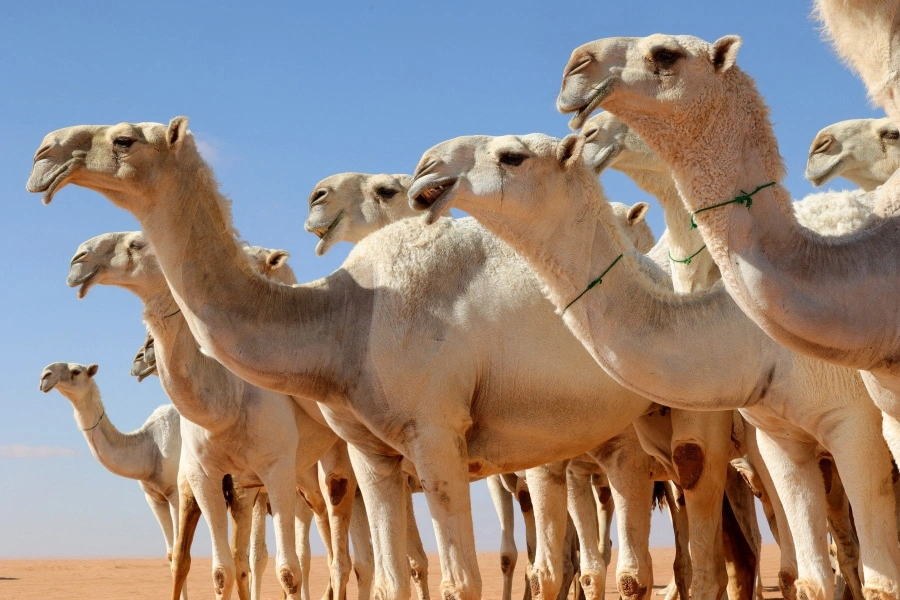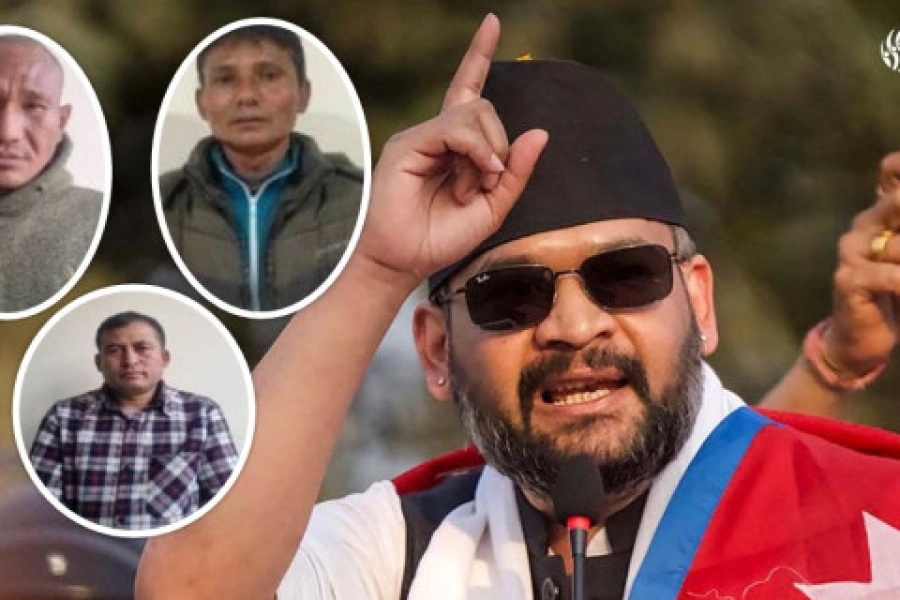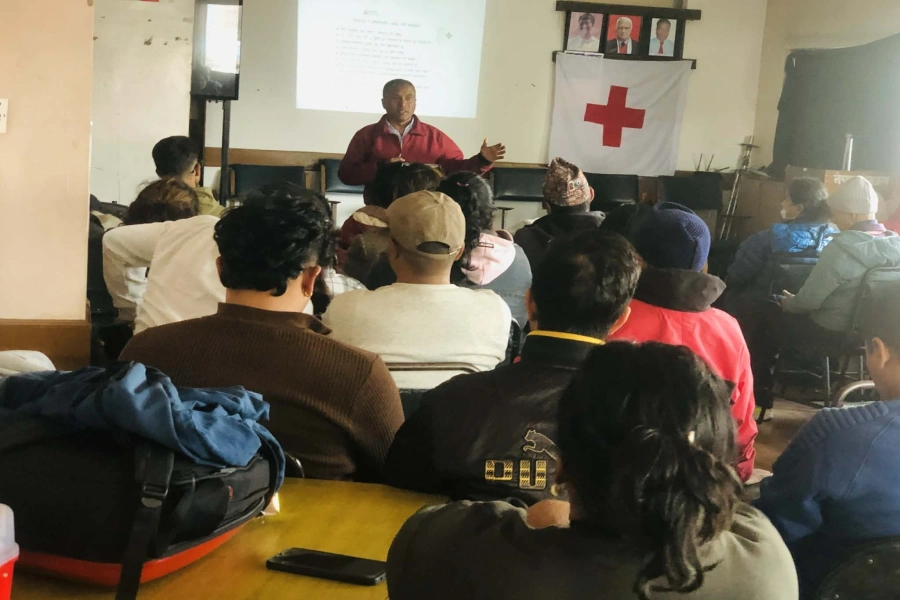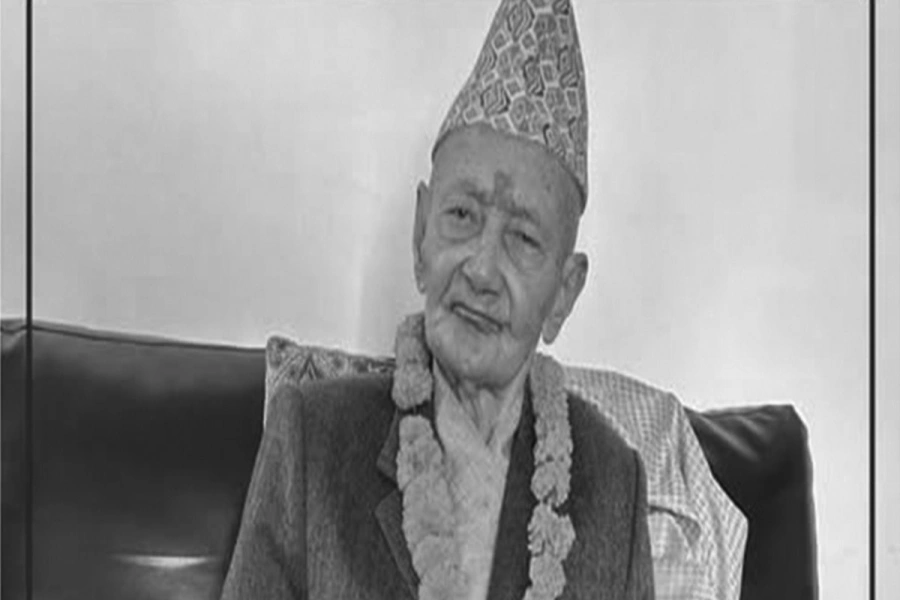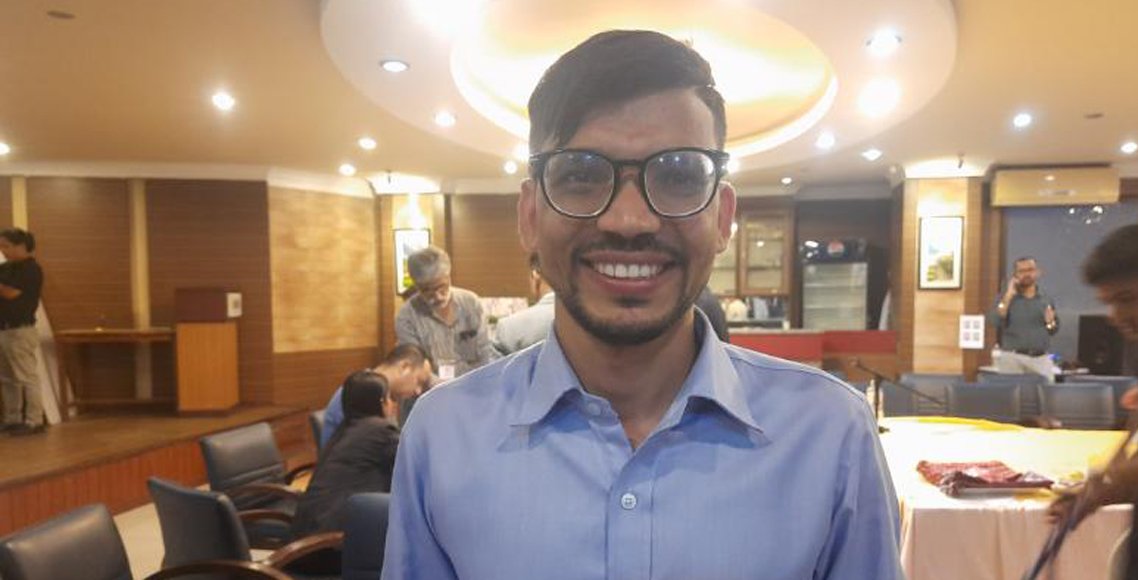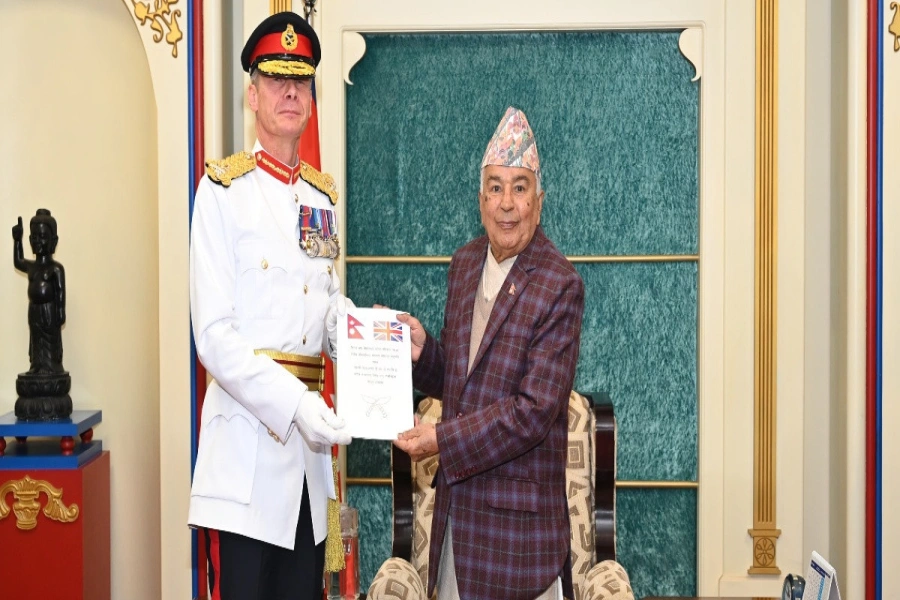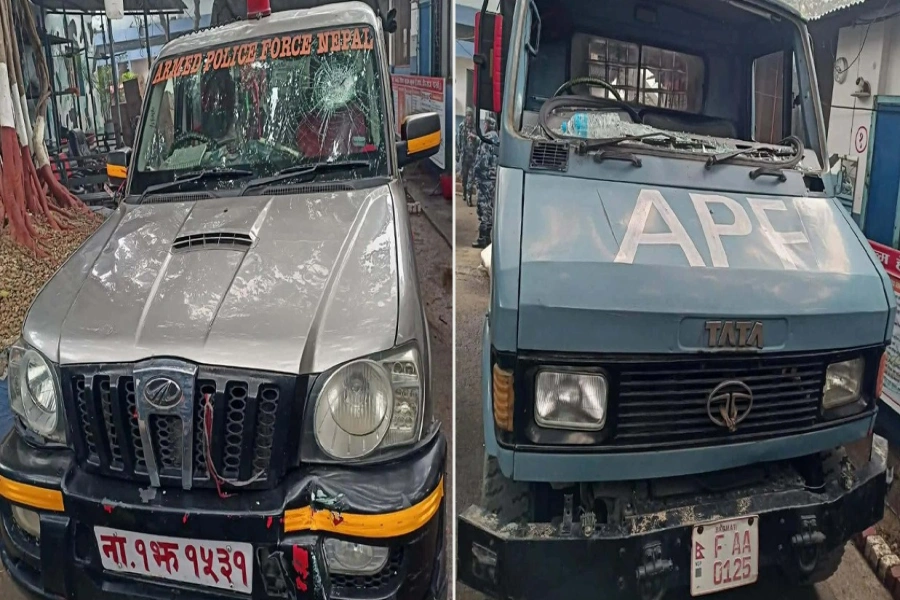The party is having a tough time forging a common “action-plan” for implementation in the peace process as the top three leaders are at loggerheads over the party’s future course of action. Republica journalist Post B Basnet caught with him on Saturday and talked about the role of his party in the peace process. [break]
What is your party currently engaged in?
Right now our party is engaged in institutionalizing the progressive changes in society while passing through a historical transitional phase of evolution of autocracy, feudalism and institutionalization of modern industrial state based on multi-party democratic polity. This transition has its complications. But, as a responsible political party, we are still trying to find a way out amidst the presence of bourgeois democratic forces who believe in parliamentary democracy and us, communist revolutionaries, who believe in people’s democracy. We are trying to find a common meeting ground where we can institutionalize a democratic system in which the oppressed masses will have their participation in the state in a new socio-economic and federal structure.
There are sharp ideological differences between you, Chairman Pushpa Kamal Dahal and Mohan Baidya. Are you facing an ideological dilemma?
In every political party, there are political debates. If there is no debate, you can’t have a vibrant political party, and especially in a communist party debate on ideological political questions are always there. We believe in dialectical materialism and unity of opposites. Unity, struggle, and transformation give impetus to the development process. So, accordingly, our party is also a vibrant entity and there is a constant struggle between various opinions. But, ultimately, we are united on one issue: That we need overall restructuring of the Nepali state and society. To achieve that objective, we launched people’s war and we have already seen the results in the form of republicanism, federalism and secularism. These are positive gains. These gains need to be preserved. We still have to struggle to institutionalize a democratic system whereby the oppressed classes of people, nationalities, regions, gender, oppressed caste will also have their say. We are trying to figure out the correct path within the party to achieve them.
There is also the question of doing away with the remnants of feudalism and autocracy in different spheres of state and society. Since the days of Sugauli Treaty, our economy, state and society have been subjugated. So we want to do away with such domination and reassert total sovereignty and national independence. We need to settle the dispute on whether we want to give priority to democracy or nationalism.
Let’s talk about the party. The Palungtar plenum failed to take any political line. What do you have to say?
No, this is not a question of failing. We had a real good democratic exercise; 7,000 people gathered for seven days and engaged in constructive political debates and that itself was a big achievement. It has created a basis for achieving a higher unity within the party and clarifying the political lines. In that sense, the Palungtar plenum was very useful and historical and we have taken a unified view that the current path of peace, constitution-making and democracy should be pursued and to make it a success we need to mobilize the masses from the streets as well. Reactionary and status quo-ist forces don’t want progressive changes in the society. So, to exert pressure on them, we need to mobilize the masses. On this issue, the party is unified.
What’s the difference between people’s revolt floated by you, Dahal and Baidya?
We have every right to revolt against injustice; Mahatma Gandhi called it civil disobedience, some call it a revolt, while others call it a revolution. They are the same thing. We want change in society. So, if this process of change is blocked, people have the right to revolt against that, this is the general political philosophy. In that sense, we want to pursue the path of peace and democracy. But if that path is blocked, people have the right to resist and revolt. This is a general formulation and so we have no fundamental dispute on this.
This is your view. But there are fundamental differences between you and Baidya on this issue?
No, I don’t think there are fundamental differences. The only question is whether the objectives, political goals we accept and our party accepts could be achieved through peaceful and democratic means, and whether the reactionary forces will allow it. On the question of evaluation, there are some differences. Even then we all agreed on principles that we should pursue.
What’s the difference?
The difference is whether we should pursue this process (the current peaceful path) till the end. And if it is blocked, people should realize that we will have to take another path. Only when the general masses realize, a “people’s movement” becomes successful. If the people don’t realize, the current path is no longer viable and possible. They won’t come out onto the streets in protest.
But Baidya is calling for an end to the ongoing process?
Nobody is saying that indeed. The difference lies only in assessments. What I am stressing is that on our part we should make sincere efforts till the end. We should patiently pursue and try our best till the end to make a new constitution and complete the peace process. But, side by side, we need to empower the masses. We have to mobilize the masses again, in case this path fails. Then the people will rise in a “people’s movement” and give impetus to this development process. I have been stressing this aspect. Some of the comrades are saying this path has already morally exhausted by now. The way the peace process has developed in the last two years has given an impression that there is no chance of this path moving ahead in a positive direction. So, maybe, now this is high time we really prepared for the other path. There are differences only on what we have stressed. Otherwise, on the fundamental path to be followed for change in society, there is no difference at all.
Do you think Chunwang line is still prevalent in the party?
Of course! There is no contradiction between “people’s war” we pursued for 10 years and the political line followed after Chunwang and they are complimentary to each other because our basic goal was the transformation of society. For 10 years, we waged people’s war mostly in the countryside to empower the masses and to break down the feudal stronghold existing for thousands of years. So, we more or less achieved that goal. And after Chunwang and to complete this process we had to mobilize the masses in urban areas and we had to gain support of the international community. That’s why we pursued this path and now we want to complete this process whereby Nepali society is totally democratized and oppressed class, gender, nationalities are fully empowered; we will create a fully new democratic state whereby all these people enjoy real democracy, not only formal democracy in which people can participate in the political process. We want to achieve this goal through the Constituent Assembly (CA) and a new constitution. Hence, there is no fundamental contradiction between people’s war we waged earlier and the peaceful path we are pursuing right now.
But the Kharipati national conclave meeting, which decided to launch a people’s revolt for a “People’s Federal Democratic Republic,” superseded the Chunwang line of a federal democratic republic?
No. You can see the Chunwang document in which we have clearly stated that after establishing a democratic republic, there will be two tendencies. The status quo-ists (the bourgeois forces) will try to stop the forward march of society; they will just be happy with the Westminster model of democracy. But in the context of Nepal, the old style of democracy won’t be enough because our society is very complicated; ours is a multi-class and multi-ethnic society. There are gender and class discriminations and to do away with them and to achieve real democracy, we should have a new model of democracy to suit all these forces. So, we had already predicted in the Chunwang meeting that there would be political struggles between these two tendencies. That’s what happening right now.
What’s the difference between federal democratic republic and people’s federal democratic republic?
“People’s” mean oppressed class of people: Peasants, workers, Dalits, women, nationalities. They are called “people”.
Why should you add “people” to the Chunwang line?
We want such a democratic system where these people will have a say in the state system. In general democracy, as practiced in some of the more developed countries, only the few rich people are elected; they are in the state and the majority of the poor working class don’t have their say in the state system. That’s the formal democratic system.
But you had not put the word people in the Chunwang document?
No. Listen, our goal is to have democracy, though we can choose the word. But the real thrust is we want a model of democracy in which the oppressed mass of people will have their say; this is the essence. You can give it any name. We are not talking about the old system of democracy practiced in Eastern Europe or China. These are just one-party system. We have already passed the resolution of “Democracy in 21st Century” where we have already accepted multiparty committed politics even in future socialism. So, our “people’s democracy” is not one-party communist party system, it is a competitive multi-party system in which all voices will be represented. In that sense, we have gone ahead of the whole model of one-party system as practiced in Eastern Europe or other socialist countries.
There are people in your own party who always say you are a revisionist?
No, nobody says that. It is just a rumor; nobody and no formal document or any resolution has branded me as such.
Why are you opposed to declaring India the principal enemy?
We are not in a position to fight India directly.
What is happening right now in the party?
We are having our central committee (CC) meeting, which will chalk out political programs to end this political deadlock. We will try to find a way out and make this peace process and constitution-making process a success. We have decided that we should mobilize the masses side by side. If the masses are not empowered and mobilized, the reactionary forces inside and outside will try to scuttle this political gains we have achieved so far and there is a danger of dissolution of CA and opting for military or some other form of dictatorship in the country.
There are sharp differences between you, Dahal and Baidya. You postponed your CC meeting twice and cancelled your personal visit to Sweden?
That’s just a rumor. Our party is a democratic party and before taking any decision we have democratic debates within the party and for that we are taking some more time. There are no other differences within the party.
There is also a taskforce that has been formed to settle all these disputes. What’s that?
No, it’s not for settling such disputes. It is just to work out our plan, and do some homework. We always do such things. Some comrades have been assigned these tasks so that they can prepare the proposal to put forward in the meeting.
What happens to the peace process after UNMIN leaves?
We wanted to complete the peace process, especially the question of integration of armies before UNMIN’s departure. But unfortunately there has not been any substantial progress on that front. So, as we go by the spirit of the Comprehensive Peace Agreement (CPA), the peace process including the integration of armies, formation of various commissions including the Commission on Disappearances, Truth and Reconciliation, Land Reforms Commission, etc should have been completed, but that did not happen. Basically, peace process, constitution-making process and power-sharing arrangements are interlinked. But, unfortunately, the Maoist party which is a 50 percent stakeholder in the peace process has been totally sidelined. So, that way, we have had no say in this process and that has been delaying the matter. Our party is saying that the integration and other parts of the CPA, including peace process, constitution-making process and power-sharing arrangement should be added to a package and dealt with. This current political deadlock can only be ended after that. Unfortunately, other parties are not acting responsibly; they are only bent on isolating the Maoists.
How do you see post-UNMIN Nepal?
If UNMIN leaves before the peace process completes, we’ll have to make some other arrangement. We have not discussed that so far.
What’s wrong with Nepal’s peace process?
The problems started after we emerged as the largest political party in the CA election. The principle of consensus was abandoned in favor of majority-based system. That was a major mistake. In every peace process, the ex-rebels are made a part of the power-sharing arrangement but when we emerged as the largest party after the election, we were thrown out. Unless this is corrected, the peace process cannot be completed.
As an observer, not as a politician, do you think consensus can be achieved and the integration process completed before May 28?
We have to complete the task of constitution-writing and take the peace process to an end before May 28. Otherwise, there is a great danger of the country again plunging into a serious conflict. If the country again reverts to armed conflict, international actors could get involved and that may make complicate the situation. So, we should do everything to avoid that and try to complete the task of constitution-writing and logically conclude the peace process by May 28.
Is there any possibility of yet another term extension of CA?
I don’t think so.
What will be the role of the president in post May-28 Nepal?
He doesn’t have any role. If he takes one, that will be unconstitutional. If the constitutional process breaks down, it will lead to a situation “might is right” situation.
Bhattarai "rightist-revisionist", Dahal "shaky-centirst":Baidya...



-1770648553.webp)
